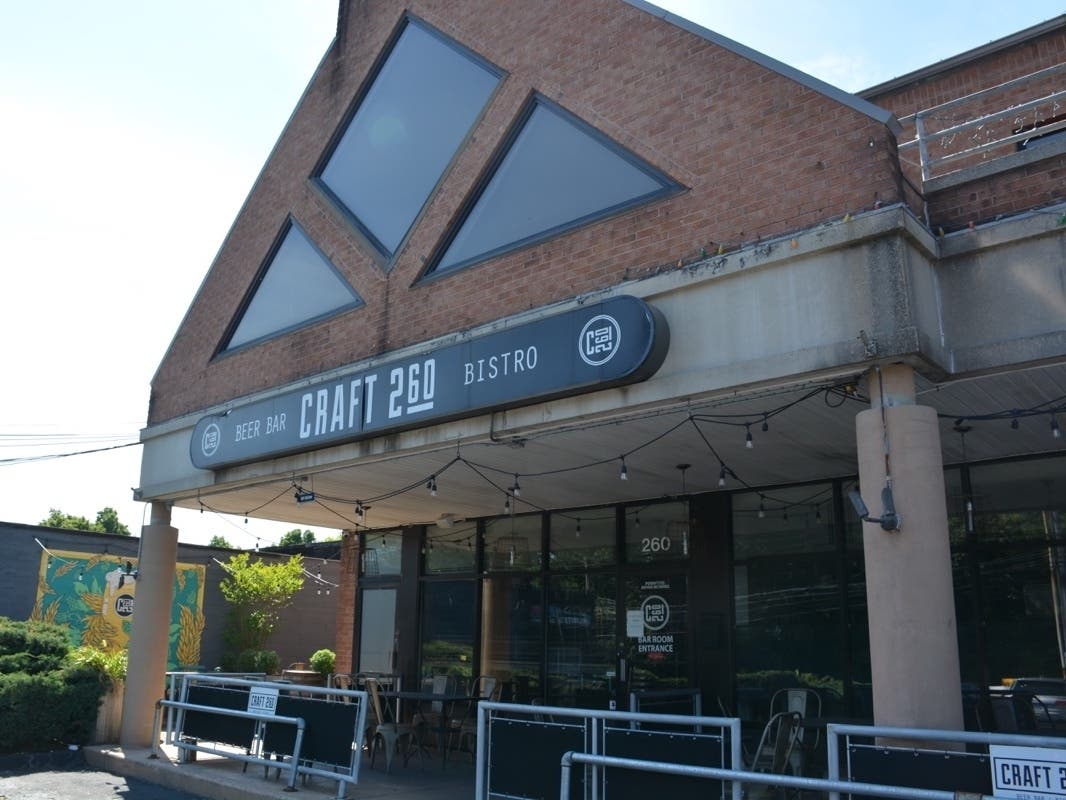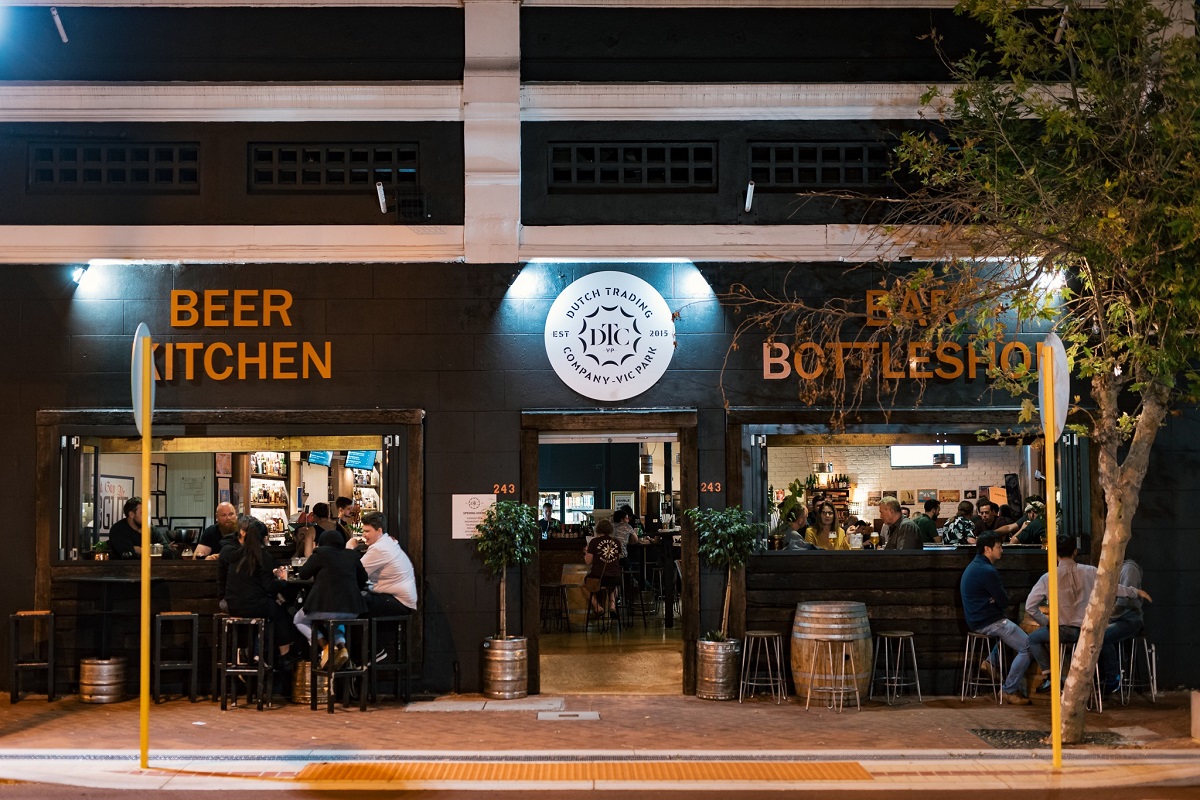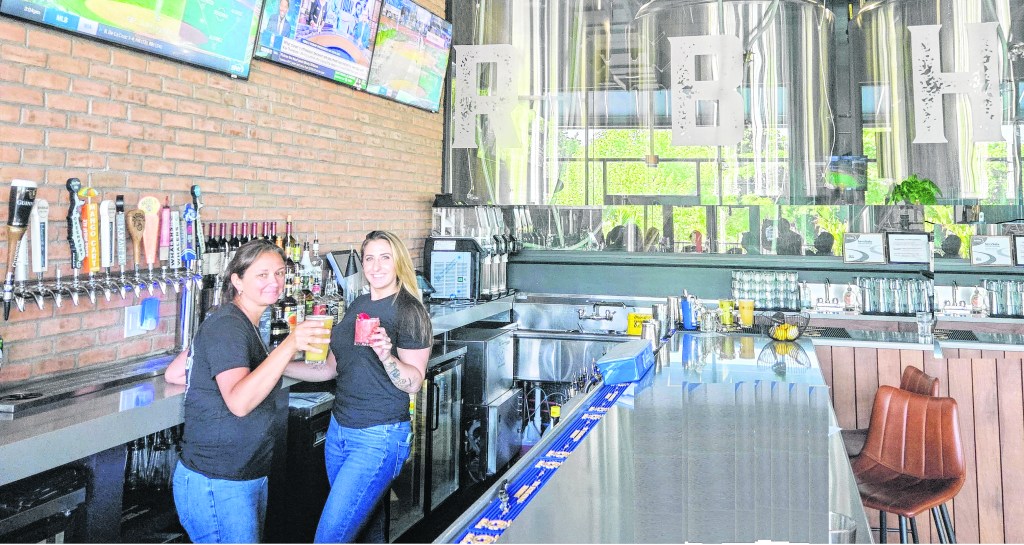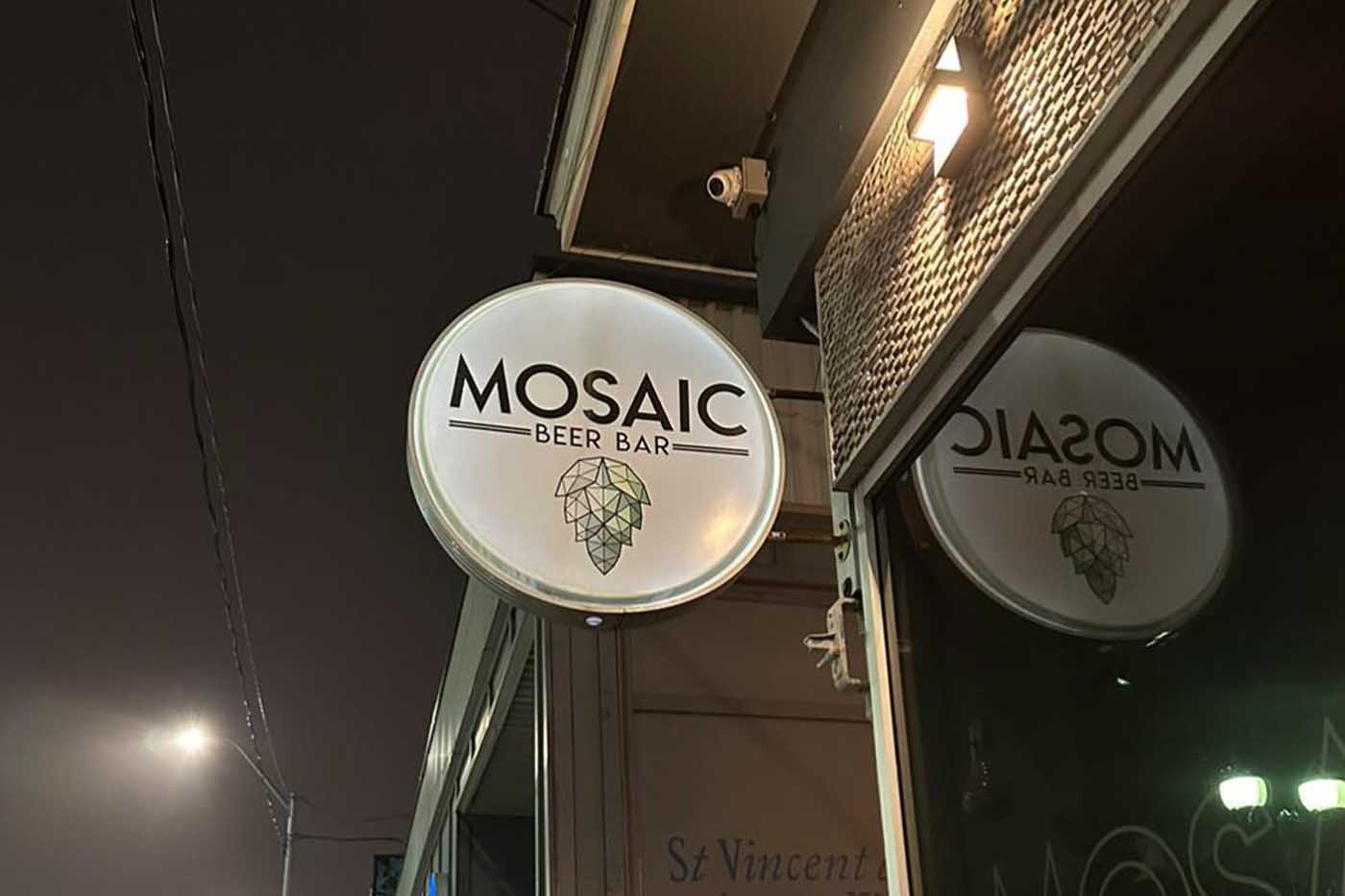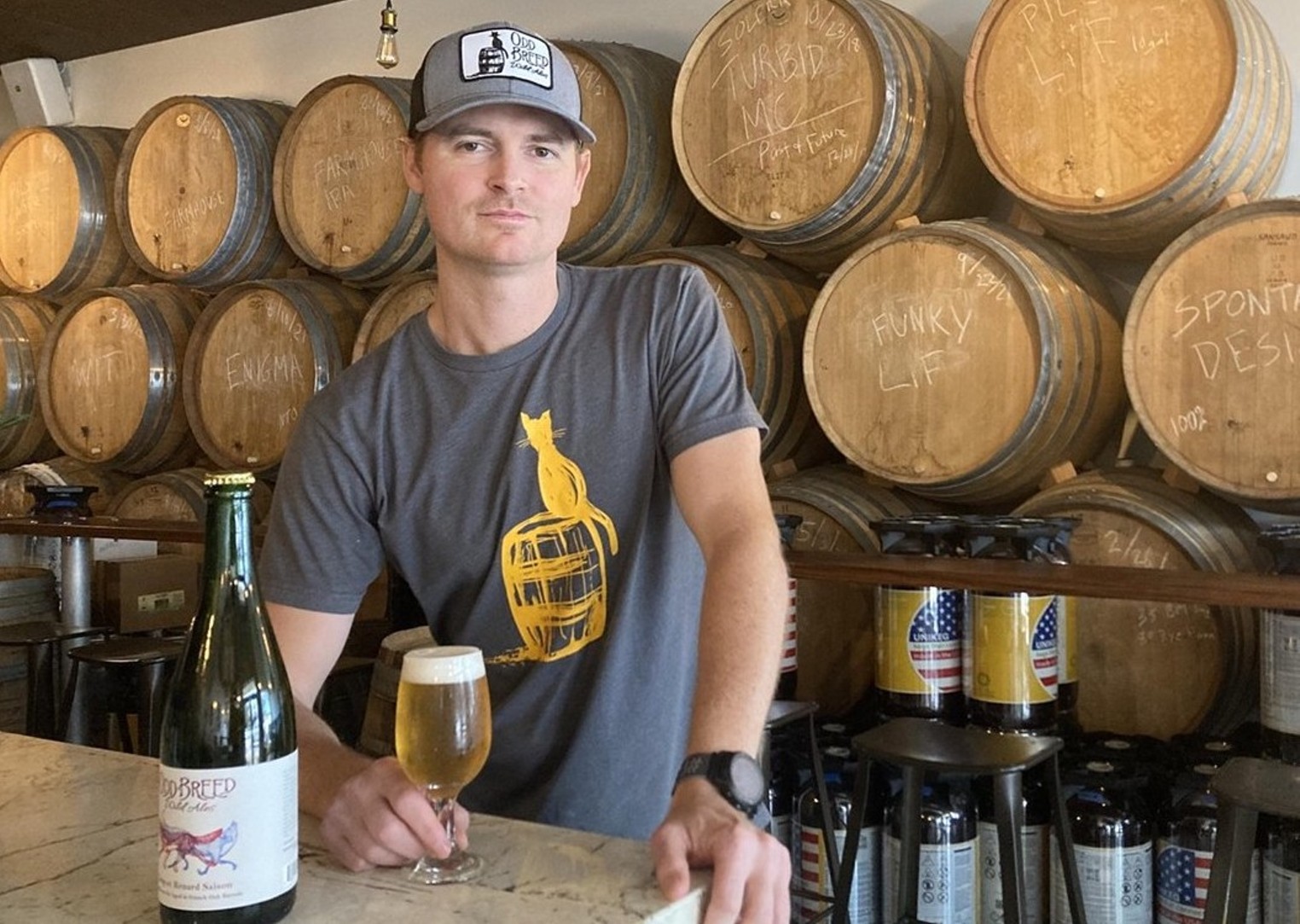Thriving Amidst the Craft Beer Boom
Maine breweries have experienced tremendous growth in recent years, thanks to the craft beer boom that has swept the nation. With their unique flavors and commitment to quality, these breweries have become popular attractions for both locals and tourists alike. However, as competition continues to increase, Maine breweries have had to adapt in order to stay ahead in this rapidly evolving market.
Embracing Innovation and Creativity
One of the key strategies embraced by Maine breweries is a focus on innovation and creativity. In order to stand out among the plethora of craft beer options available, breweries have been experimenting with new flavors, ingredients, and brewing techniques. This willingness to push boundaries and create something new has allowed them to captivate beer enthusiasts who are always on the lookout for the next unique taste experience.
The Rise of Collaboration
Another trend that has emerged is the rise of collaboration among breweries. Rather than viewing each other as competitors, many Maine breweries have opted to join forces and create collaborative brews. By working together, they are able to broaden their customer base and generate excitement among beer enthusiasts who appreciate the joint effort. These collaborations have also encouraged breweries to exchange knowledge and learn from each other, ultimately improving the overall quality of Maine’s craft beer scene.
Brewery Tours and Taproom Experiences
Recognizing the importance of the customer experience, Maine breweries have invested heavily in their taprooms and started offering brewery tours. These initiatives allow visitors to witness the brewing process first-hand and develop a deeper connection with the brand. By providing an interactive and educational experience, breweries are able to engage their customers on a personal level, creating loyal patrons who will continue to support them in the long run.
Commitment to Local Ingredients
Maine has a rich agricultural heritage, and breweries in the state have leveraged this to their advantage. Many breweries have made a conscious effort to source their ingredients locally, whether it be hops, barley, or other flavorings. By using local ingredients, breweries not only support the local economy but also create a unique sense of place in their beer. This commitment to local sourcing resonates with consumers who seek a genuine connection to the communities they visit and the products they consume.
Adapting to Changing Consumer Preferences
As the craft beer industry continues to evolve, consumer preferences and tastes also change. Maine breweries have recognized this and have adapted their offerings to cater to these shifting demands. Whether it’s the rise of low-alcohol or non-alcoholic options, the increased interest in hazy IPAs, or the growing demand for sour beers, breweries in Maine have shown agility in responding to these trends. By listening to their customers and staying attuned to market shifts, they remain relevant and appealing in a competitive landscape.
Looking Toward a Promising Future
Despite the challenges posed by an increasingly crowded craft beer market, Maine breweries have shown resilience and a commitment to innovation. By embracing creativity, collaboration, and a focus on exceptional customer experiences, they have managed to stay competitive and thrive amidst the growing competition. With their dedication to quality and the support of local communities, it’s clear that Maine’s breweries are well-equipped to face the future and continue delighting beer enthusiasts with their craft.

